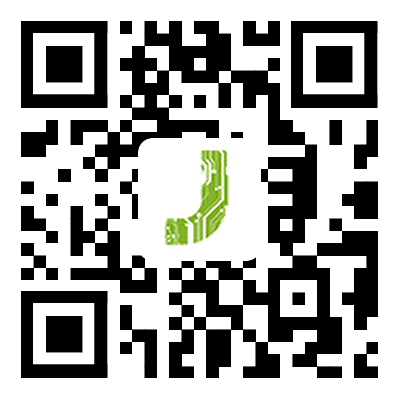 English
English-
 English
English -
 Español
Español -
 Português
Português -
 русский
русский -
 Français
Français -
 日本語
日本語 -
 Deutsch
Deutsch -
 tiếng Việt
tiếng Việt -
 Italiano
Italiano -
 Nederlands
Nederlands -
 ภาษาไทย
ภาษาไทย -
 Polski
Polski -
 한국어
한국어 -
 Svenska
Svenska -
 magyar
magyar -
 Malay
Malay -
 বাংলা ভাষার
বাংলা ভাষার -
 Dansk
Dansk -
 Suomi
Suomi -
 हिन्दी
हिन्दी -
 Pilipino
Pilipino -
 Türkçe
Türkçe -
 Gaeilge
Gaeilge -
 العربية
العربية -
 Indonesia
Indonesia -
 Norsk
Norsk -
 تمل
تمل -
 český
český -
 ελληνικά
ελληνικά -
 український
український -
 Javanese
Javanese -
 فارسی
فارسی -
 தமிழ்
தமிழ் -
 తెలుగు
తెలుగు -
 नेपाली
नेपाली -
 Burmese
Burmese -
 български
български -
 ລາວ
ລາວ -
 Latine
Latine -
 Қазақша
Қазақша -
 Euskal
Euskal -
 Azərbaycan
Azərbaycan -
 Slovenský jazyk
Slovenský jazyk -
 Македонски
Македонски -
 Lietuvos
Lietuvos -
 Eesti Keel
Eesti Keel -
 Română
Română -
 Slovenski
Slovenski
What does PCB mean?
2023-05-03
PCB is the abbreviation of Printed Circuit Board. It is a substrate that connects electronic components to circuits and is the core component of electronic products. PCB processing refers to the process of converting circuit drawings into PCB, including material selection, plate making, drilling, copper cladding, welding, and other steps.

Composition of PCB
PCB ( Printed Circuit Board ) is the infrastructure used to install electronic components and connect circuits in electronic equipment. It can install electronic components on insulating material and connect them through metal wires to form a circuit. The structural composition of PCB is: generally composed of substrate, copper foil, solder mask, printing, etc.; there are many kinds of substrate materials, commonly used are FR4, CEM-1, CEM-3, Aluminum, Copper substrate, etc.; the thickness of the copper foil is generally 35 um, and sometimes it can reach 70 um; the coating can prevent the components on the circuit board from falling off, and the printing can make the circuit on the PCB clearer. Pads are used to connect electronic components with circuits. PCB (Printed Circuit Board) helps reduce the volume of electronic components, making the connection between electronic components more compact and reliable.
Application range of PCB
PCB (Printed Circuit Board) is a basis for connecting electronic components to circuits. It is composed of one or more layers of substrates. Each layer of the substrate has a circuit on which electronic components can be mounted. They are connected by circuits to realize signal transmission between electronic components. PCB is used in a wide range of applications, from consumer electronics, such as smartphones, computers, household appliances, etc., to automotive electronics, to industrial automation equipment, all of which are inseparable from the support of PCB. PCB (Printed Circuit Board) provides the basis for the reliability and stability of electronic equipment.



